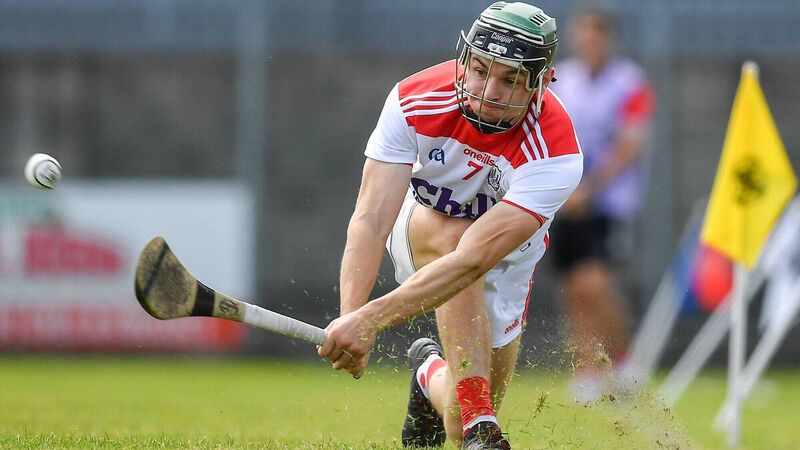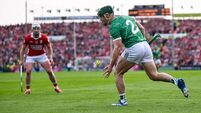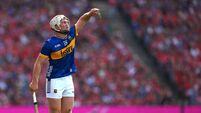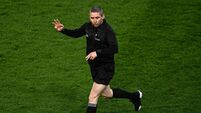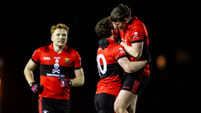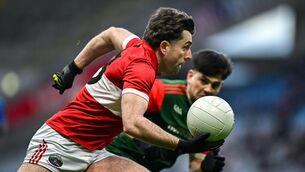Thu, 20 May, 2021 - 18:13
Michael Moynihan
Mark Coleman is mulling over the novelty of an inter-county season beginning in May.
“Usually in December and January you’d get a good bit of training done, and between playing in the Fitzgibbon or the Munster League you’d have a good bit of hurling done at this stage.
Already a subscriber? Sign in
You have reached your article limit.
Subscribe to access all of the Irish Examiner.
Annual €130 €80
Best value
Monthly €12€6 / month
Introductory offers for new customers. Annual billed once for first year. Renews at €130. Monthly initial discount (first 3 months) billed monthly, then €12 a month. Ts&Cs apply.
CONNECT WITH US TODAY
Be the first to know the latest news and updates
